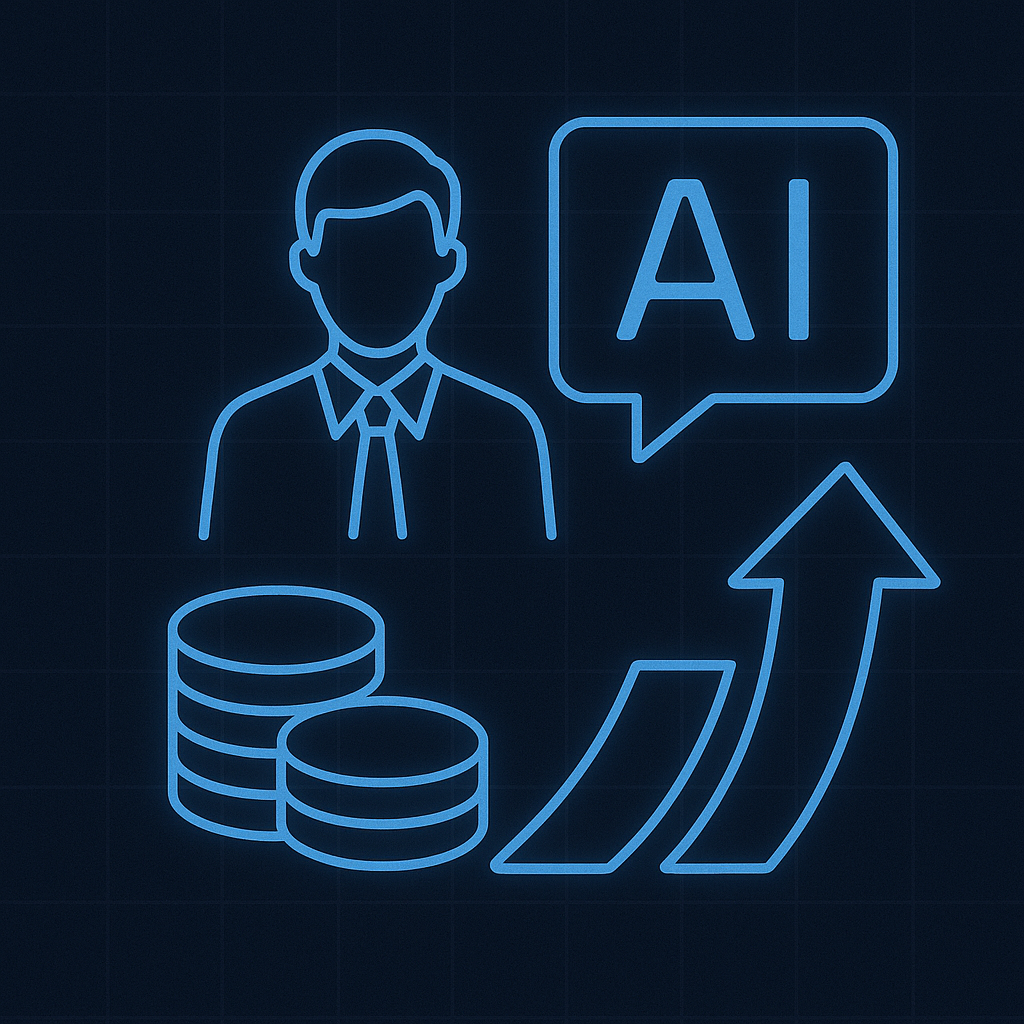Are you a business owner feeling overwhelmed by repetitive tasks, rising costs, or the pressure to innovate? In 2025, artificial intelligence (AI) is no longer just for tech giants—it's the secret weapon for businesses of all sizes to automate processes, boost efficiency, and unlock new growth.
Why AI Automation Matters for Business Owners
AI-powered automation is transforming how companies operate by streamlining workflows, reducing manual effort, and enabling smarter decision-making. Whether you run a small business or a growing enterprise, adopting AI can help you:
- Increase efficiency and productivity: AI handles repetitive tasks—like data entry, scheduling, and reporting—faster and more accurately than humans, freeing your team to focus on high-impact work.
- Reduce operational costs: Automating routine processes saves time and money, allowing your business to operate leaner and more profitably.
- Enhance customer experiences: AI-driven chatbots and personalized marketing deliver faster, more relevant interactions that boost satisfaction and loyalty.
- Make data-driven decisions: AI analyzes large datasets to reveal insights, trends, and opportunities you might otherwise miss, supporting smarter business strategies.
- Ensure compliance and accuracy: Automated monitoring and reporting reduce errors and help you stay ahead of regulatory requirements.
Studies show that AI-powered automation can increase productivity by up to 40%, giving even small businesses a significant competitive edge.
Real-World Use Cases: How Businesses Are Automating with AI
Here are some practical ways business owners are applying AI automation right now:
- Customer Support: AI chatbots answer common questions 24/7, handle bookings, and resolve issues instantly—improving service while reducing support costs.
- Sales and Marketing: AI tools personalize email campaigns, recommend products, and qualify leads automatically, increasing conversion rates and revenue.
- Finance and Accounting: Automate invoice processing, expense tracking, and financial reporting to reduce errors and speed up workflows.
- HR and Recruiting: AI screens resumes, schedules interviews, and manages employee records, allowing HR teams to focus on people, not paperwork.
- Supply Chain and Inventory: AI predicts demand, optimizes stock levels, and streamlines logistics, cutting waste and improving reliability.
For example, a small bakery can use AI to automate inventory management and predict demand, while a local law firm might use AI to schedule appointments and draft routine documents—saving time and serving more clients without hiring extra staff.
How to Get Started: A Roadmap for Business Owners
- Identify your pain points: List the tasks that eat up your team's time or are prone to errors. These are prime candidates for automation.
- Research AI solutions: Look for tools tailored to your industry or business function—many now offer user-friendly, low-code interfaces that don’t require IT expertise.
- Start small: Pilot AI automation in one area (like customer support or invoicing) to measure impact before scaling up.
- Train your team: Provide training and foster a culture that sees AI as a tool to empower employees, not replace them.
- Monitor and optimize: Track results, gather feedback, and refine your processes to maximize value over time.
Common Challenges—and How to Overcome Them
- Upfront costs: While some AI tools require investment, many cloud-based solutions are affordable and pay for themselves through efficiency gains.
- Data privacy: Choose reputable vendors and ensure compliance with data protection laws to safeguard sensitive information.
- Integration: Work with providers that offer strong support and integration with your existing systems for a smooth transition.
- Change management: Communicate the benefits to your team and involve them in the automation journey to build buy-in and enthusiasm.
The Bottom Line: AI Automation Levels the Playing Field
AI is no longer a futuristic luxury—it's a practical necessity for business owners who want to stay competitive, agile, and profitable. By starting with small, high-impact automations and scaling up, you can unlock new levels of efficiency, insight, and customer satisfaction in 2025 and beyond.
Ready to future-proof your business? Start exploring AI automation today and discover how much more your team can achieve.
